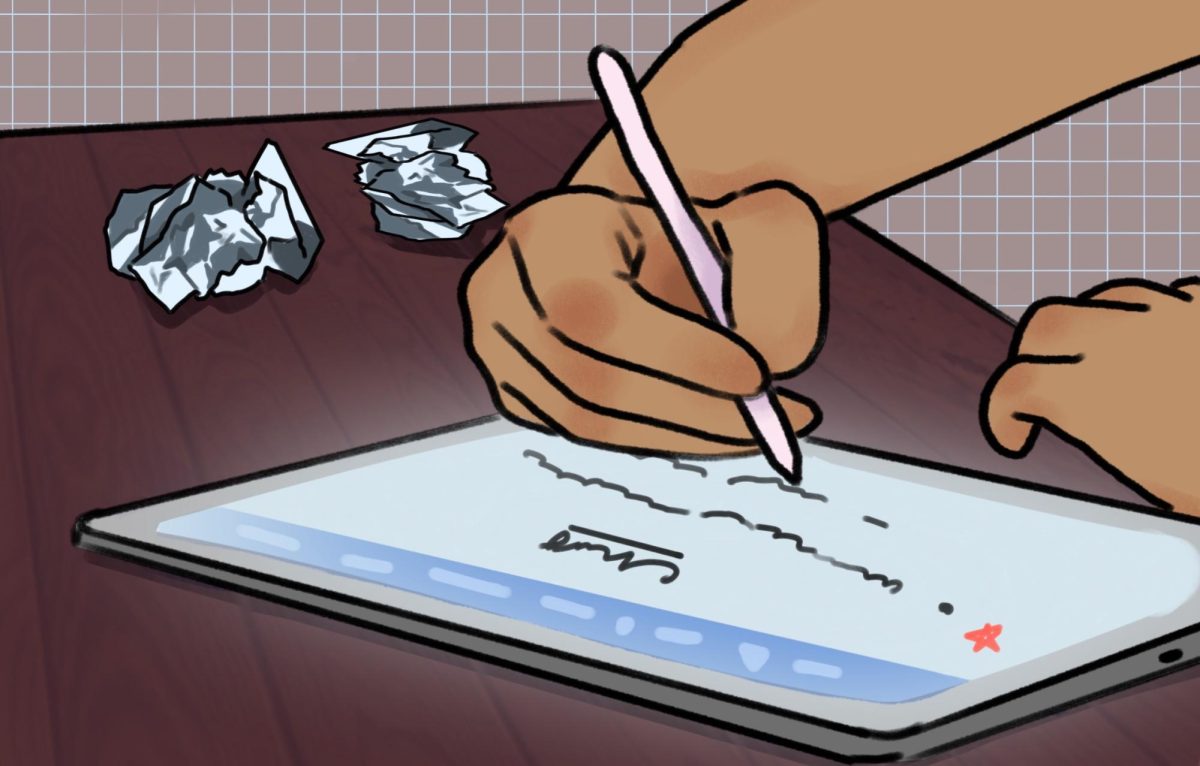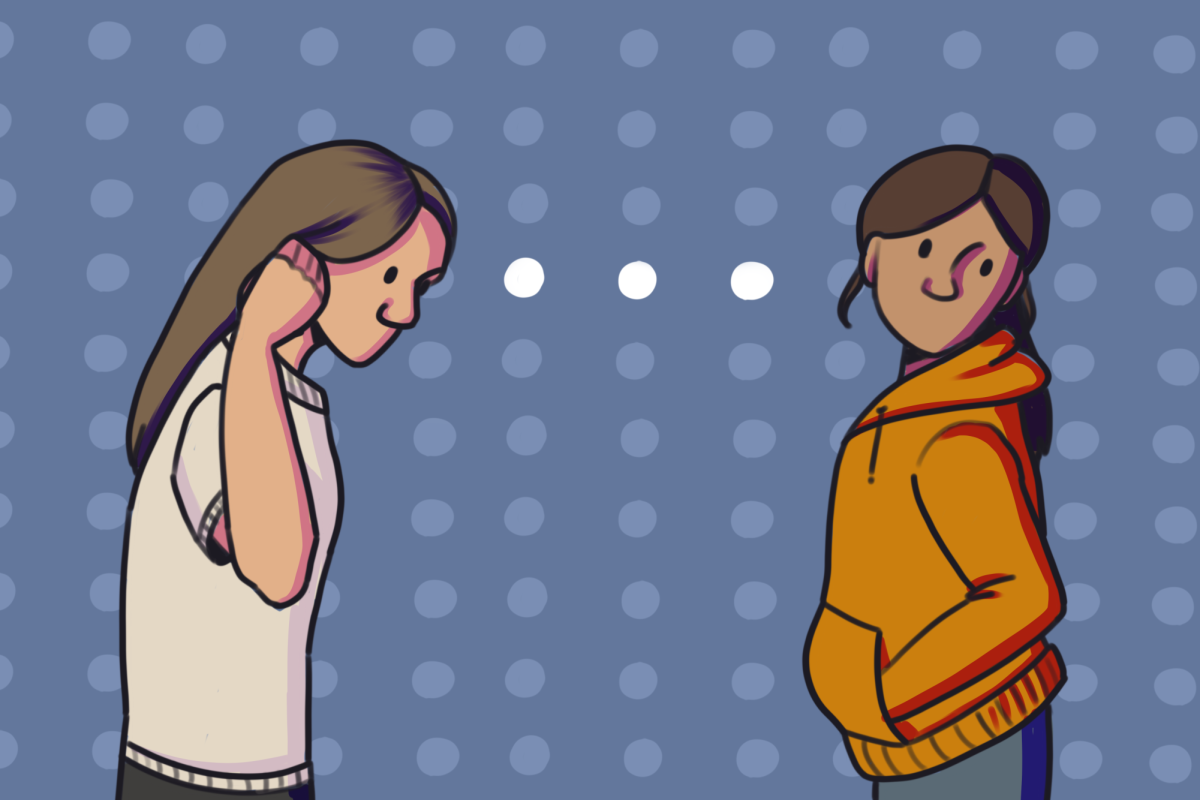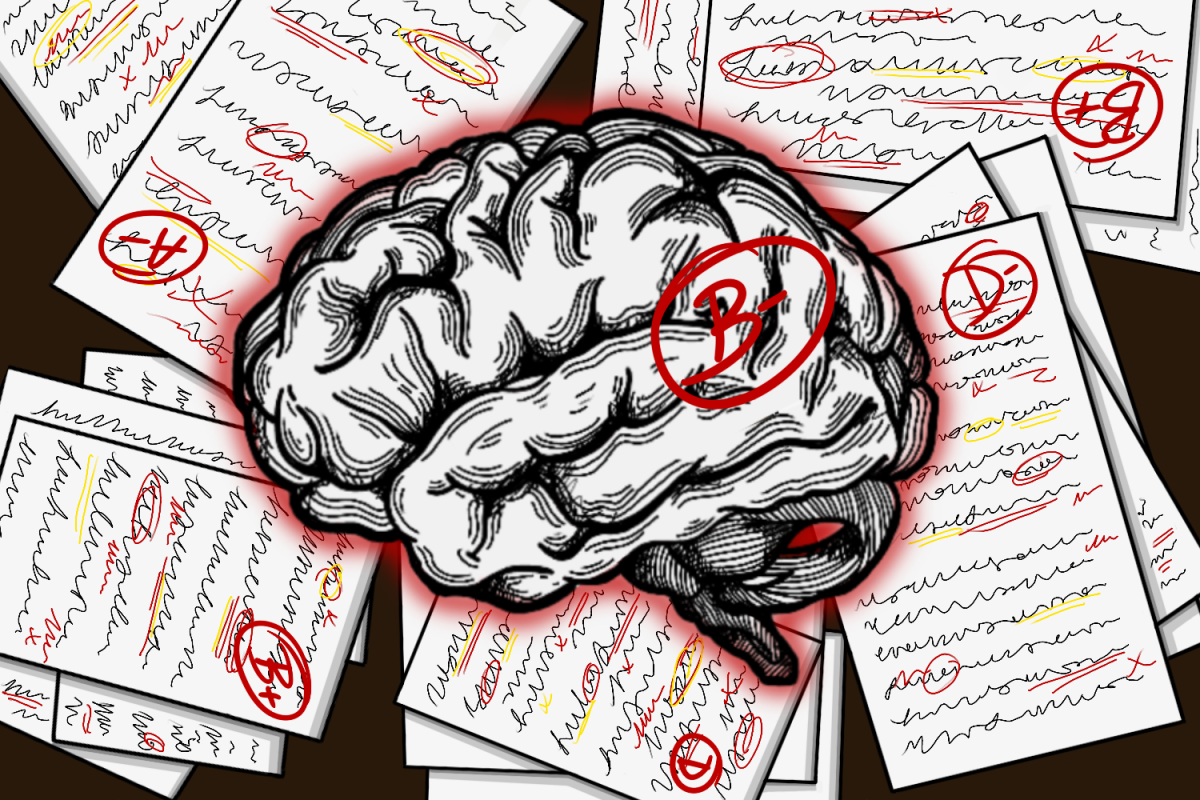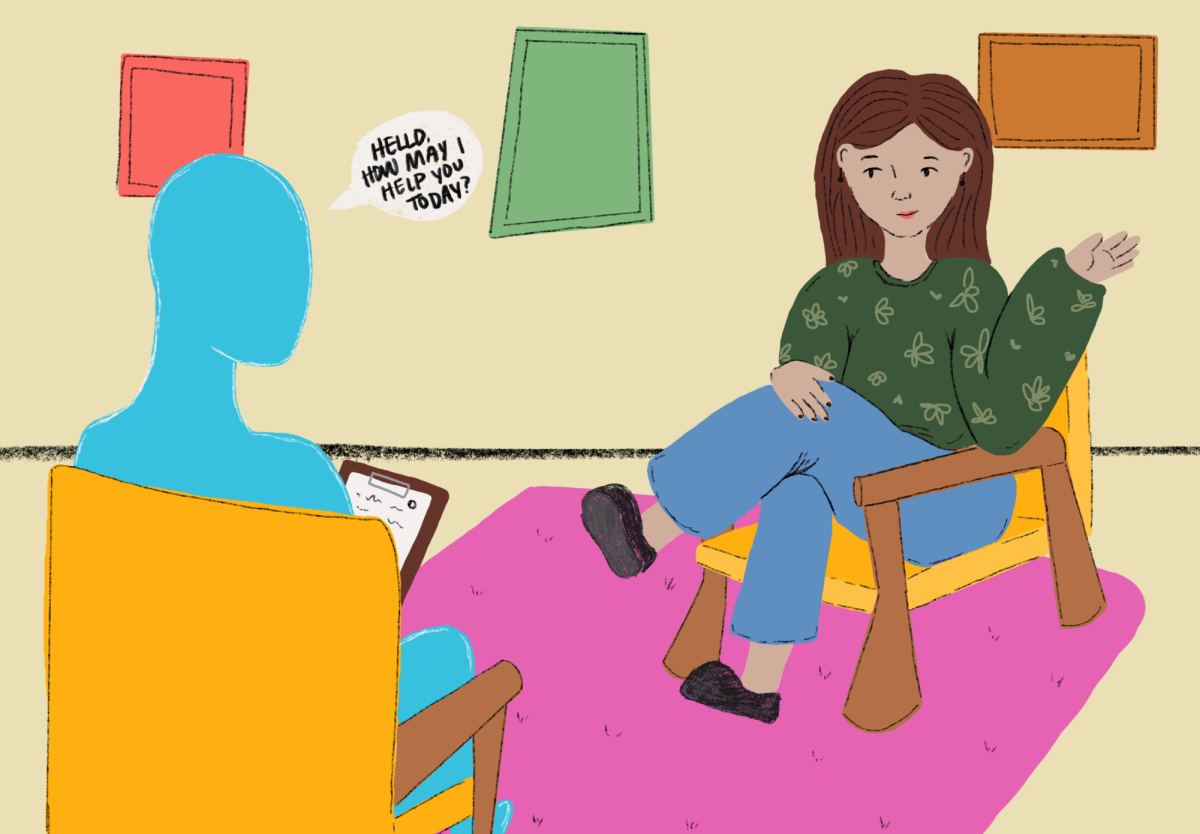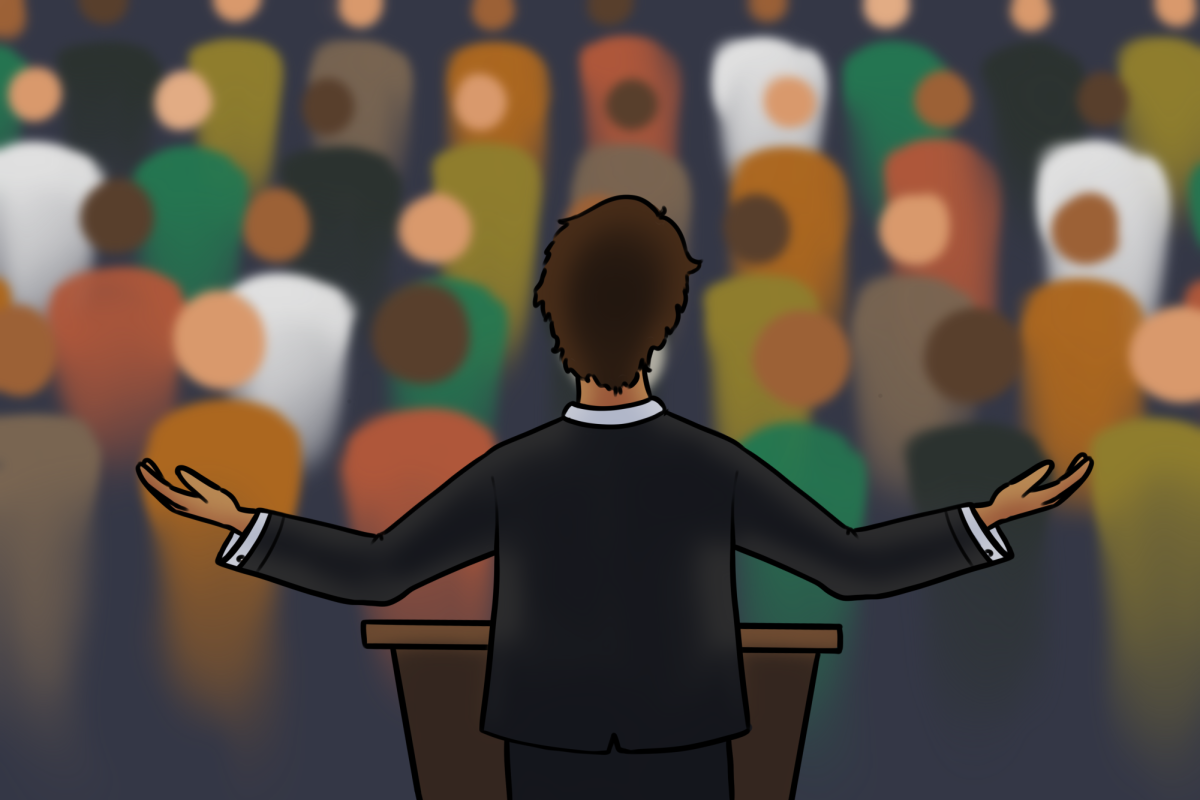With notifications designed to increase engagement and online shopping only a click away, it’s hard for students to stay focused on lectures. While it is clear why no-tech policies gained traction, not all technology is part of the problem.
Many students use tablets for note-taking, lowering the risk of distraction. Professors should create more nuanced technology policies by permitting the use of tablets in the classroom.
One of the major concerns with technology is that handwriting notes forces students to summarize content, allowing for better comprehension during the lecture rather than just regurgitating what the professor says.
“When a student asks a question and the teacher responds, the student is just typing the response,” philosophy assistant instructor Andrea Villalba Cuesta said. “They’re engaging with the teacher, but they’re not acknowledging the interaction because they’ve been sucked into the computer.”
Tablets may be possible distractions. However, they utilize popular apps like Notability, in addition to styluses or Apple Pencils, to recreate the retention benefit of handwriting notes. This tech also lets students reformat notes to study better later on — a feature exclusive to digital note-taking.
Not only do tablets have a leg up on pen and paper notes, they also have a significant advantage compared to computers. Computer users generally type their notes, which is worse for retention and can disturb other students during class.
Economics professor Michael Brandl doesn’t allow computers in his classroom.
“It’s distracting the people that are behind you and also the people that are next to you,” Brandl said. “One, there’s the clicking of the keys, and two, it’s the natural human instinct to want to look over and see what the other person is looking at. Part of it is that what happens with the tablet is you don’t have the clicking of the keyboard.”
The impact of computers in the classroom is often negative. The upward screen is visible to students sitting further back, blocking them from joining the conservation in discussion-based courses. Computers can also prevent students from bonding with their classmates.
“I think all of you guys are going to have more long-lasting relationships between each other,” Cuesta said. “I don’t think that those friendships arise as easily if people are on their phones and on their laptops and not looking at each other and not having these spontaneous interactions and I think that tech is sometimes an obstacle to that.”
No-tech policies help eliminate these issues, but tablets offer a more sustainable and realistic solution. Unlike computer screens, tablets lie flat on the desk, open students up to face-to-face interaction and reduce the impact on other students.
Instead of opting for no-tech policies, professors should acknowledge that tablets improve students’ organization for note-taking and allow for their use in class. Ultimately, tablets combine the best of both worlds by improving note-taking without hindering personal interaction and participation in the classroom.
Narwekar is a philosophy and economics sophomore from Coppell, Texas.

